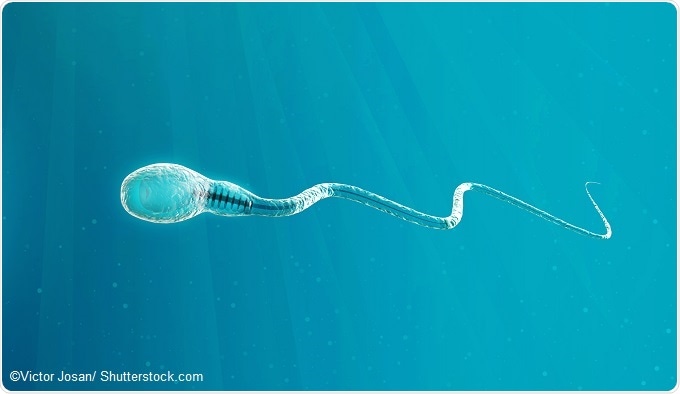Freeze-dried mouse sperm that spent nine months in the harsh environment of space have successfully fertilized eggs and produced healthy offspring in mice.
The finding is positive news for those interested in whether or not assisted reproduction could be used to produce young if humans were ever to populate other planets.

Animals and humans that have evolved on earth, have done so within a framework of gravity and whilst protected by the planet’s magnetic field, which deflects the majority of high-energy cosmic particles found in space.
In space, living beings are exposed to much weaker gravity and intense cosmic radiation that can easily damage genetic material. Scientists are currently unclear on whether reproductive mechanisms can handle those conditions and still go on to turn sperm and eggs into offspring.
Previous experiments have shown mixed results when assessing the reproductive capabilities of certain animals in space. Fish, salamanders, fruit flies and nematodes have reproduced normally on space stations, but attempts to breed rats and sea urchins have been less successful.
To investigate, Teruhiko Wakayama, (University of Yamanashi, Japan) and colleagues extracted sperm from 12 mice, freeze-dried them and then sent them to the International Space Station (ISS) in August 2013. The samples were kept at -95 Celsius before being returned to earth in May 2014 via the SpaceX-3 rocket. During that time, a monitor attached to the freezer monitored radiation levels, which were approximately 100 times greater than those found on Earth.
Once the sperm were back on Earth, Wakayama and team, found that the sperm’s DNA was indeed broken in several places. However, this damage was not beyond repair. When the sperm were injected into the eggs of female mice, those mice successfully became pregnant and went on to give birth to offspring at the same rate as mice implanted with freeze-dried sperm that had not been in space. The babies were healthy and genetic sequencing showed they had no significant defects. Furthermore, when some of the babies matured, they mated and also went on to produce healthy offspring.
Wakayama and team say the findings, published in the Proceedings of the National Academy of Sciences, suggest there are no lasting fertility problems associated with the space-based sperm.
Commenting on the researchers’ work, Physician Kris Lehnhardt (George Washington University) who specializes in emergency and extreme environment medicine says: “Their concept, or their thought is, by freeze-drying the sperm, they can basically stop the metabolism of the sperm and they can, in some ways, minimize some of the radiation damage that’s occurring to the sperm, because they’re basically frozen in time.“
Wakayama would eventually like to investigate whether live mice can mate successfully on the ISS, as this would provide the best insights into whether humans would be able to mate and reproduce in space: “Nobody has tried it and we really want to know.”